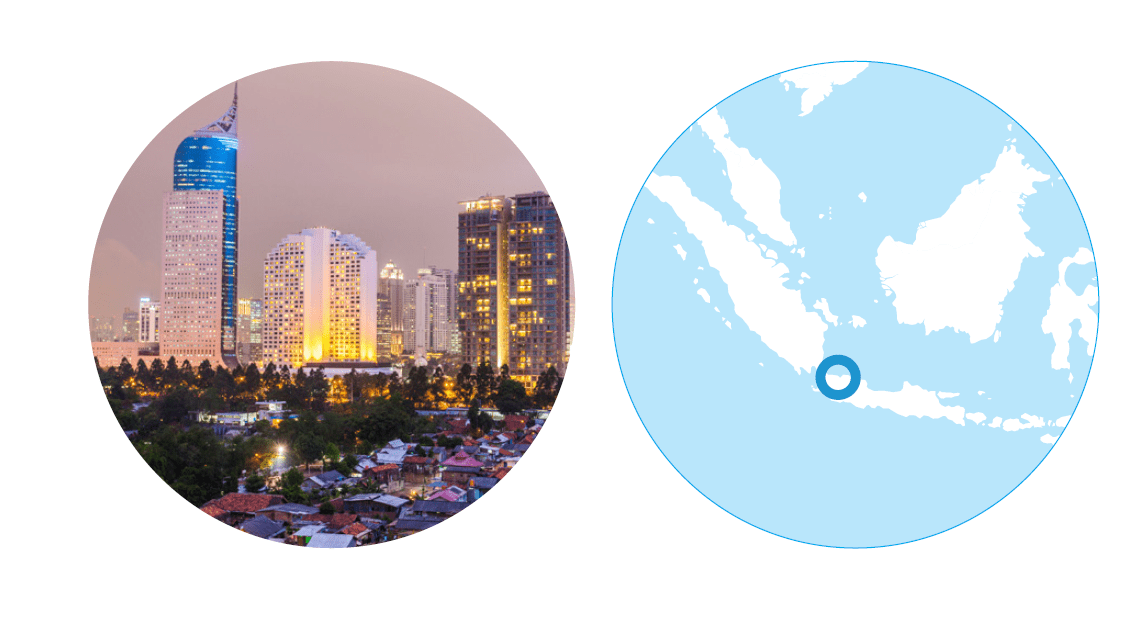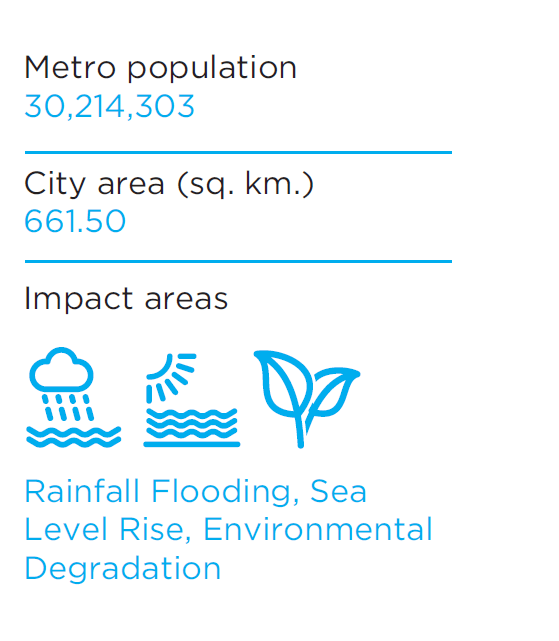
Decentralized Waste for Water Management in Jakarta - Resilient Cities in the Word!
Indonesia is improving its characteristics to face climate change. Populations must understand how to survive in such conditions. That’s why in Jakarta, they have decided to focus on decentralizing waste for water management.
Resilient cities: Jakarta, Indonesia and water management. Decentralizing Waste.
In 2017, only 55.5% of Jakarta city residents had access to clean water. The limited coverage of piped water means that 74% of households rely on often polluted ground or river water. To improve sewage, Jakarta has prepared a wastewater master plan which, if fully implemented, will still only ensure that 65% of Jakarta’s residents will be covered by the piped sewage system by 2022.
To better meet this urgent need, the Jakarta City Government is investigating the operation of decentralized wastewater plants on government-owned land. New water recycling technology based on biological treatment processes offer a solution that can be integrated at this scale.
This innovative technology has the potential to provide much-needed sanitation and access to potable water while reducing overall public health costs, lower GHGs and improve the sanitation system. This approach has the potential to affect the 8.5 million people who will still be without access to the sewage system in 2022.
has the potential to provide much-needed sanitation and access to potable water while reducing overall public health costs, lower GHGs and improve the sanitation system. This approach has the potential to affect the 8.5 million people who will still be without access to the sewage system in 2022.
An initial scoping study has identified potential pilot sites across Jakarta and reviewing opportunities, constraints and relevant technologies for each location. Jakarta DKI expects to pilot one or two pilot sites in 2018. Following proposed pilots in 2018, there will be an opportunity to review, improve and scale up this approach across the city.
Resilient cities: Jakarta – READ ALSO
Revitalization and integration of neglected public land in Santa Fe – Resilient cities in the world!
Development of waste plants and a material recovery facility in Accra – Resilient cities in the world!
Flood protection with added value in Vejle – Resilient cities in the word!
SOURCE: 100ResilientCities


